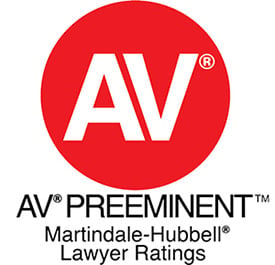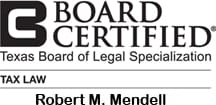What Types Of Legal Formalities Should Corporations Maintain?
Once a corporation has been formed, it must comply with several formalities to maintain corporate status. Sometimes, failure to maintain these requirements can cause problems for corporations. For example, corporations that were formed from sole proprietorships can get tripped up because of lack of knowledge about what is required of a corporation. Through proper planning, corporate directors and shareholders can ensure that the corporation maintains its status.
What formalities should corporations maintain?
Corporations should schedule and carry out regular meetings to discuss company business. Corporations should also hold a shareholders’ meeting on at least an annual basis. Record keepers should take minutes of the meetings and include them with other corporate records. Corporations should also keep a stock ledger for accounting purposes.
As for accounting, directors and shareholders should not mix corporate funds with personal funds. This can be especially tricky for corporations run mainly by one individual, but it is necessary to maintain separate accounts to preserve the legal fiction of corporate status.
Directors and officers also have a fiduciary duty to the corporation and its shareholders and should place those interests before their own in corporate dealings. But to protect themselves, directors and officers should always make clear in dealings with others whether they are acting in a personal capacity or as a representative of the corporation. For example, when signing contracts as a representative of the corporation, a director or officer should sign documents “in the name of” the corporation. This designation can save a director or officer from personal liability on the contract in the future.
Corporations should be fully capitalized when they are formed; corporate coffers should have enough funds to maintain operations during the start-up process. Corporations should also be fully insured.
Finally, corporations should have all documentation such as the articles of incorporation, corporate bylaws and other documents on file. Depending on the state, corporations should also file required documents with the secretary of state or other state agency annually. All fictitious names should be registered with the secretary of state, if not included during the initial registration.
What can happen if formalities are not maintained?
Once a corporation is formed and registered with the secretary of state, the battle is not over. The directors, officers and shareholders of corporations enjoy the protection of state laws that provide that they are not personally liable for the corporation’s debts and obligations to encourage business activities within the state. But with this protection comes the requirement that corporate actors provide evidence that they act in the name of the corporation and not for personal interests.
When it appears that directors, officers or shareholders have manipulated the corporate shield to protect themselves from the consequences of bad acts, such as fraud, or when the corporation is merely a shell for personal dealings, courts have disregarded the legal fiction of a corporation as a separate entity and found personal liability for directors, officers and shareholders in some cases. For this reason, it is important for corporate actors to maintain the formalities necessary to show that they act for the benefit of the corporation and not for personal interests.
Copyright © 2008 FindLaw, a Thomson Reuters business
DISCLAIMER: This site and any information contained herein are intended for informational purposes only and should not be construed as legal advice. Seek competent counsel for advice on any legal matter.



